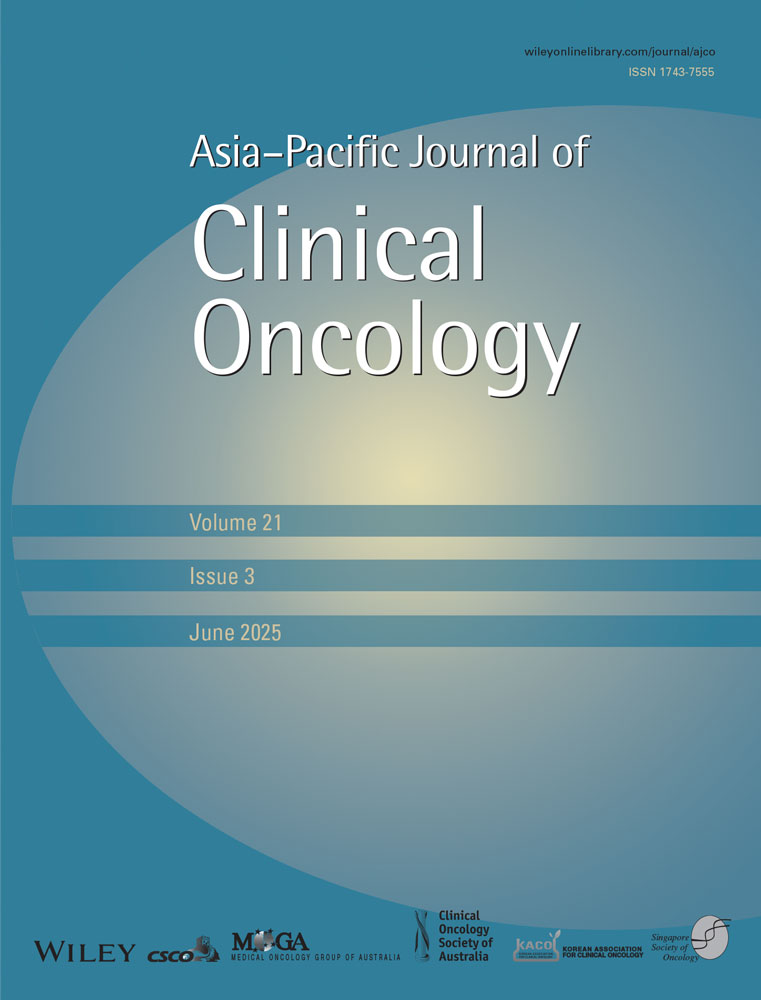Impact of Antibiotics and Chronic Medications on Efficacy of Immune Checkpoint Inhibitors in Patients With Hepatocellular Carcinoma
Kennedy Yao Yi Ng and Albert Eng Keong Teo contributed equally to this work.
Funding: The authors received no specific funding for this work.
ABSTRACT
Background and Aims
The interaction of immune checkpoint inhibitors (ICI) and concomitant medications such as antibiotics, metformin, statins, beta-blockers, proton pump inhibitors (PPIs), nonsteroidal anti-inflammatory drugs (NSAIDs), and low-dose aspirin has been studied in other malignancies. Our study aims to investigate the relationship between these medications and ICI efficacy in patients with advanced hepatocellular carcinoma (aHCC).
Methods
A retrospective review of patients who received at least one dose of ICIs between May 2015 and November 2019 was performed. The primary objectives were to compare the overall survival (OS) and progression-free survival (PFS) between patients with and without medication usage. Log rank test was used to assess for differences in survival. Hazard ratios were reported using Cox proportional hazard regression analysis. The data cutoff date was December 31, 2020.
Results
A total of 168 patients were included. Median age was 69 years, 85.7% male, 60.7% ECOG 0, 78.0% Child–Pugh A liver cirrhosis, 57.7% hepatitis B etiology, 8.9% hepatitis C, and 33.3% nonviral. One hundred three patients (61.3%) received ICI monotherapy, while 38.7% received ICI in combination. Sixty-two patients (36.9%) had concomitant antibiotic usage, 26.8% metformin, 30.4% statin, 31.0% beta-blockers, 60.1% PPI, 6.5% NSAIDs, and 11.9% aspirin. Patients with aHCC receiving antibiotics did not have a shorter OS (adjusted HR [aHR] 1.40, 95% CI 0.94–2.09, p = 0.096) or shorter PFS (aHR 0.94, 95% CI 0.66–1.34, p = 0.73), as compared to those who did not receive antibiotics. However, patients with aHCC of viral hepatitis etiology receiving ICI treatment and concurrent antibiotics had shorter OS (5.5 vs. 14.2 months, aHR 1.93, 95% CI 1.17–3.17, p = 0.010) and PFS (1.1 vs. 2.6 months, aHR 2.69, 95% CI 1.28–5.65, p = 0.009), as compared to those who did not receive antibiotics.
Conclusions
The use of antibiotics may diminish ICI efficacy in patients with aHCC of viral hepatitis etiology, while the use of metformin, statins, beta-blockers, NSAIDs, and aspirin is not associated with significant clinical outcomes.
Conflicts of Interest
The authors declare no conflicts of interest.
Open Research
Data Availability Statement
The data that support the findings of this study are available from the corresponding author upon reasonable request.




